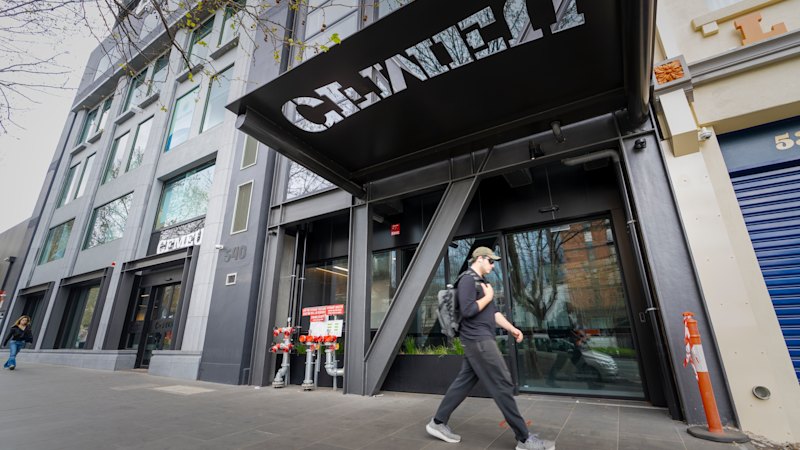
UPDATE: New reports reveal that the proposed wellness center at the CFMEU headquarters, initially backed by a $15 million investment from PwC, has ballooned to a staggering $27 million. This development raises serious questions about the project’s viability and projected benefits.
PwC’s business case, aimed at securing significant grant funding, claimed the center would enhance productivity by 10%, equating to a return of $1.50 for every dollar spent. However, leaked documents indicate that as the costs soared, confidence in these predictions has waned. An independent assessment recently valued the facility at just $8 million, a stark contrast to the original projections.
The center, designed to include modern amenities like a gym, raingarden, rooftop terrace, and culturally sensitive spaces, was intended to address mental health issues prevalent in the construction sector. PwC argued that investing in such facilities could lead to substantial savings by mitigating common workplace challenges, such as depression and marital issues, which could provide a benefit of $1.55 for every dollar invested over its lifetime.
The CFMEU did not incur any costs out of pocket for PwC’s consultancy work. Instead, the Incolink board approved a grant of $140,000 to fund the business case, a critical step to access larger grants introduced in 2020. Incolink, which is unregulated and financed by construction employers, increased its rates significantly during this period, allowing it to provide larger grants.
Incolink’s chief executive, Erik Locke, emphasized the necessity of ensuring that new investments are in the “best interests” of the construction industry and provide value for members. The criteria for these grants focus on effective management of surplus funds, highlighting the urgency for transparency and accountability in spending.
Despite the issues surrounding costs and returns, the CFMEU maintains that the wellness center will create 50 jobs and enhance training capabilities, effectively doubling its current training capacity. The project promises an additional 10,000 enrolments, thereby playing a vital role in workforce development.
Incolink’s spokesperson stated that the organization prioritized investments in skills and training post-pandemic to invigorate employment in the construction sector. The capital grants are seen as a crucial mechanism to stimulate activity and support workers returning to jobs.
The CFMEU’s budget for the wellness center notably exceeded typical construction project margins, which usually range between 10% to 15%. Zach Smith, executive director of CFMEU Victoria, expressed confidence that the facility will remain a crucial asset for future generations of members.
As this story unfolds, the construction industry and stakeholders will be watching closely to see how the CFMEU and Incolink manage the fallout from this significant budget overrun and its implications for future funding and support initiatives. Keep an eye on this developing situation as more information becomes available.





